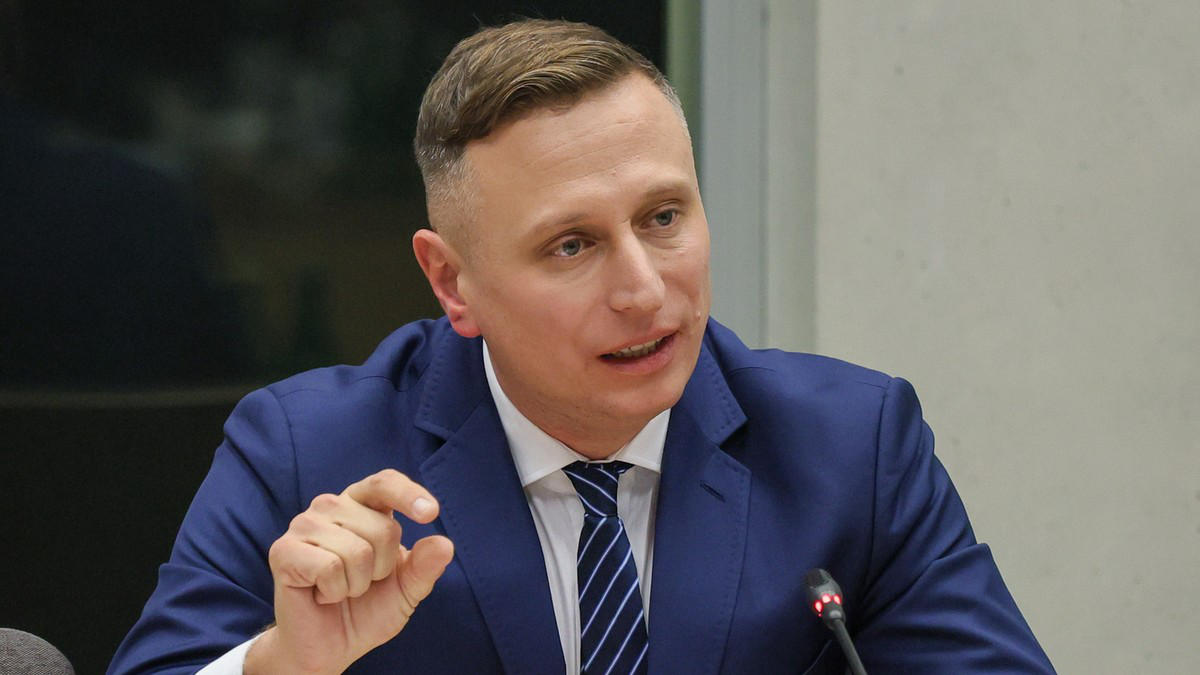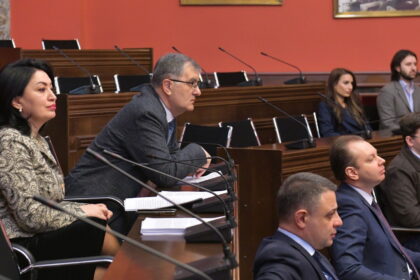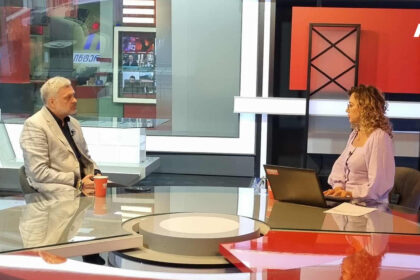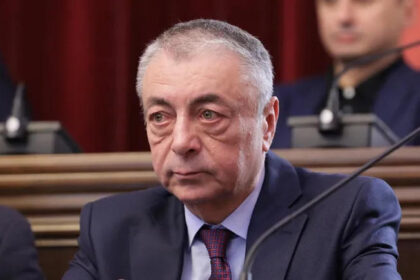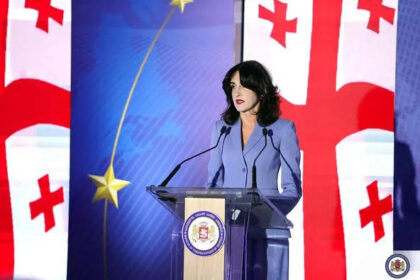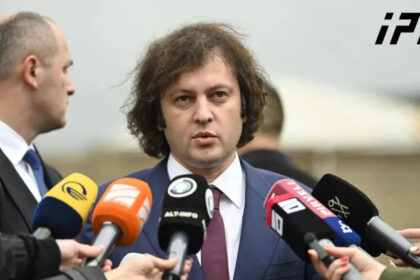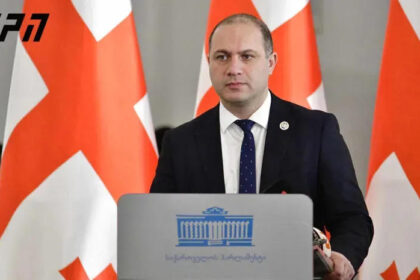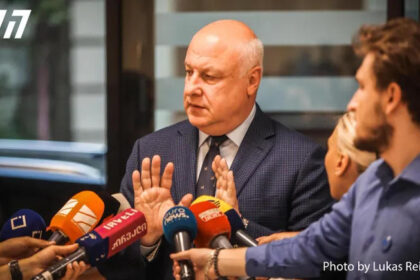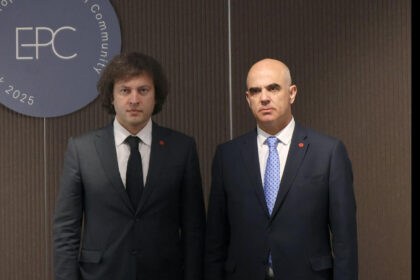**European Parliament Member Calls for Sanctions Against Pro-Russian Regime in Georgia**
In a recent statement, European Parliament member Krzysztof Brejza expressed his strong support for the people of Georgia and called for strict sanctions against officials of the pro-Russian regime. Brejza’s comments come as tensions between Georgia and Russia continue to rise.
Brejza, who recently returned from a mission in Georgia, described the country’s situation as “alarming.” He accused Viktor Orbán, the Hungarian Prime Minister, and representatives of the German party “Alternative for Germany” of wanting to abandon Georgia to Russia. Brejza labeled them as “working for the Kremlin and Putin,” implying that they are loyal only to Russian interests.
The European Parliament member specifically targeted Judge Nino Galustashvili, a judge in the Georgian regime who sentenced a 21-year-old boy, Mate Devidze, to four and a half years in prison for organizing a pro-European demonstration. Brejza called for Judge Galustashvili to be denied permission to visit Italy during her holidays, saying that she should not be allowed to enjoy privileges while serving a regime that is “Russifying Georgia.”
Brejza’s comments highlight the deepening divide between Europe and Russia over Ukraine and other Eastern European countries. The EU has imposed sanctions on Russia in response to its actions in Ukraine, but Brejza believes more needs to be done.
**Analysis**
The situation in Georgia has been deteriorating for months, with concerns growing about the country’s increasing alignment with Russia. Brejza’s call for stricter sanctions against pro-Russian officials is a reflection of this concern and a desire to protect European values and interests.
Brejza’s comments also reflect a broader European debate about how to deal with authoritarian regimes like Russia. While some argue that diplomacy and dialogue are the best approaches, others believe that stronger measures are needed to counter Russian aggression.
In Georgia, the government has been accused of suppressing dissent and opposition, which has led to widespread criticism from human rights groups and other international organizations. Brejza’s support for the Georgian people is a reminder that Europe will not abandon them in their struggle against Russian influence.
**What’s Next?**
Brejza’s comments are likely to fuel further debate about the EU’s approach to Russia and its relationships with Eastern European countries like Georgia. As tensions continue to rise, it remains to be seen how Europe will respond to the challenges posed by an increasingly assertive Russia.
Read More @ www.interpressnews.ge




